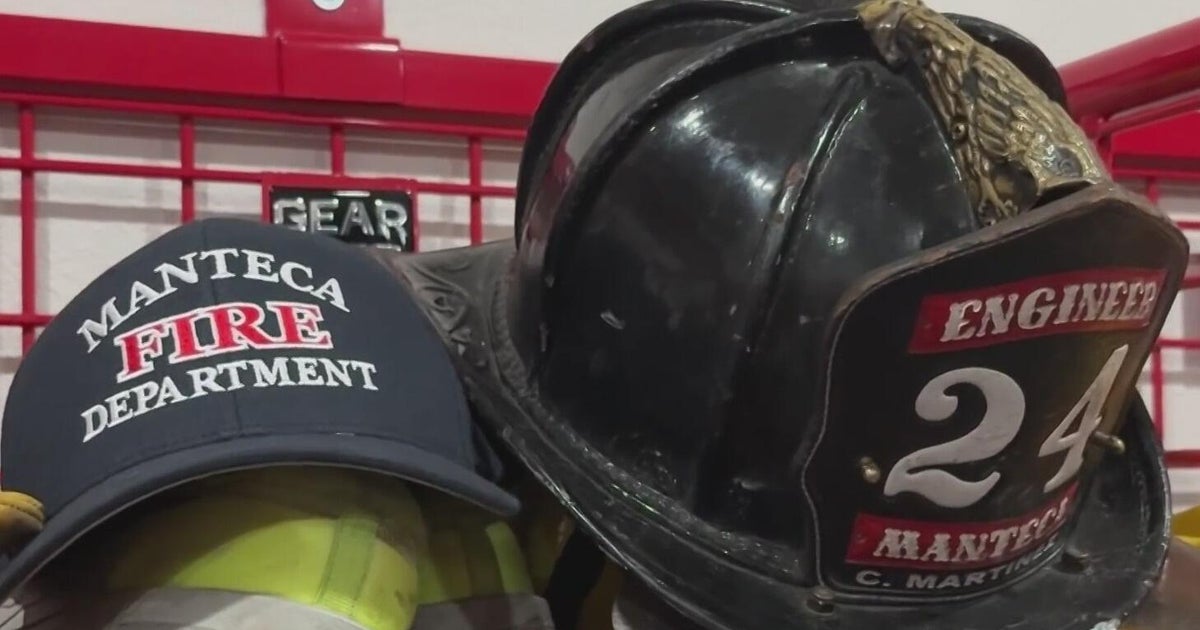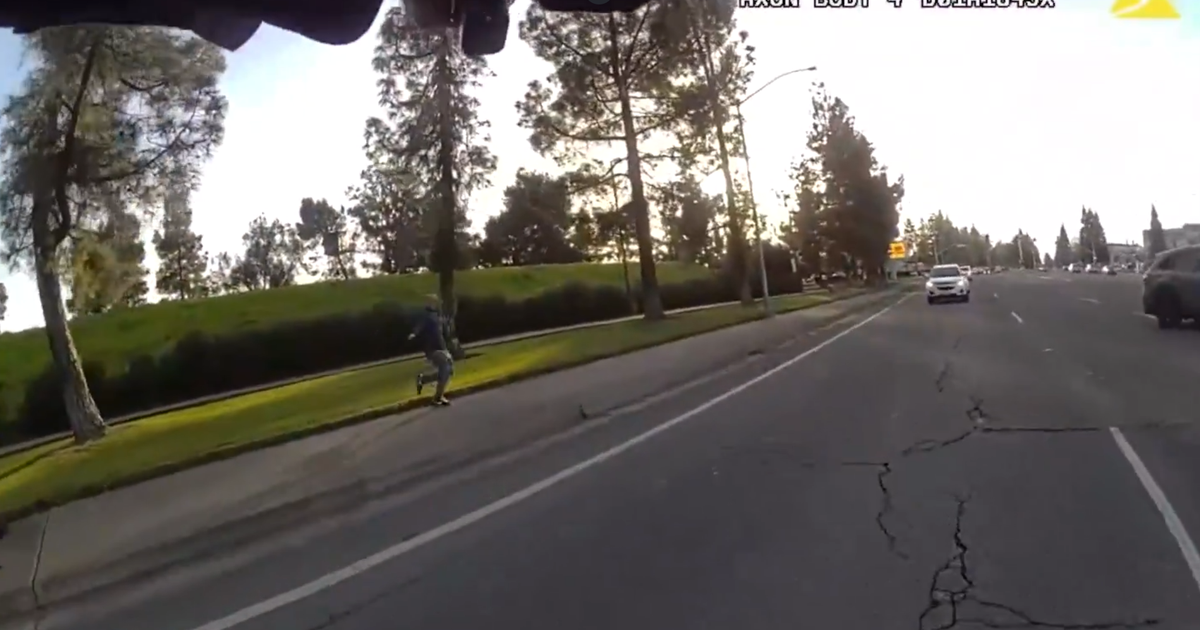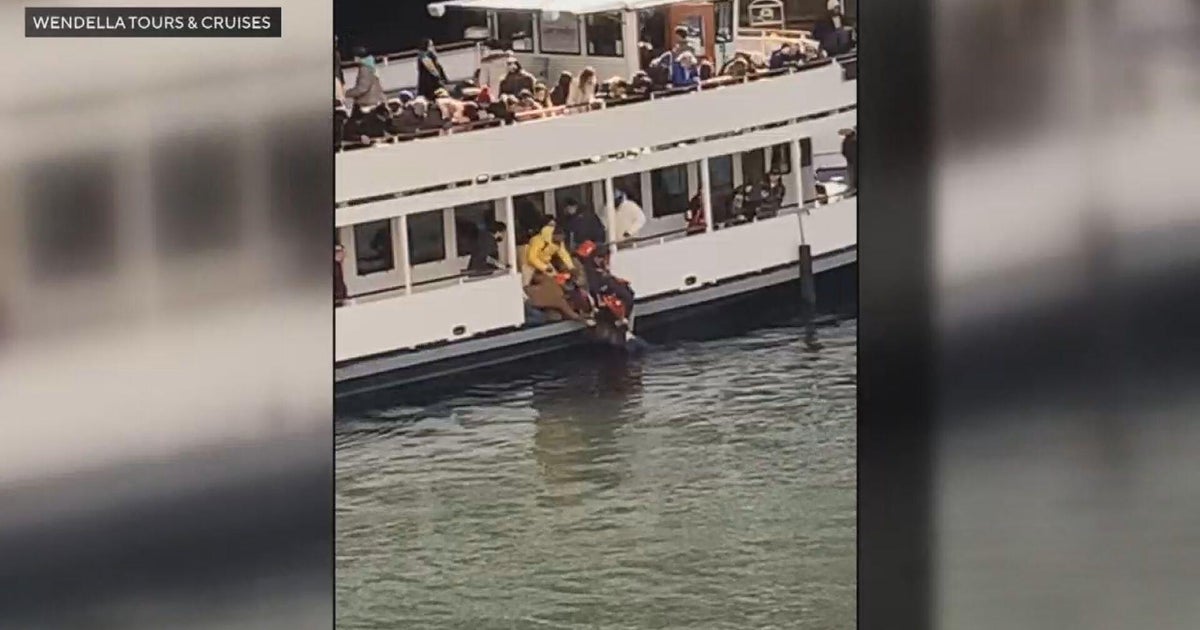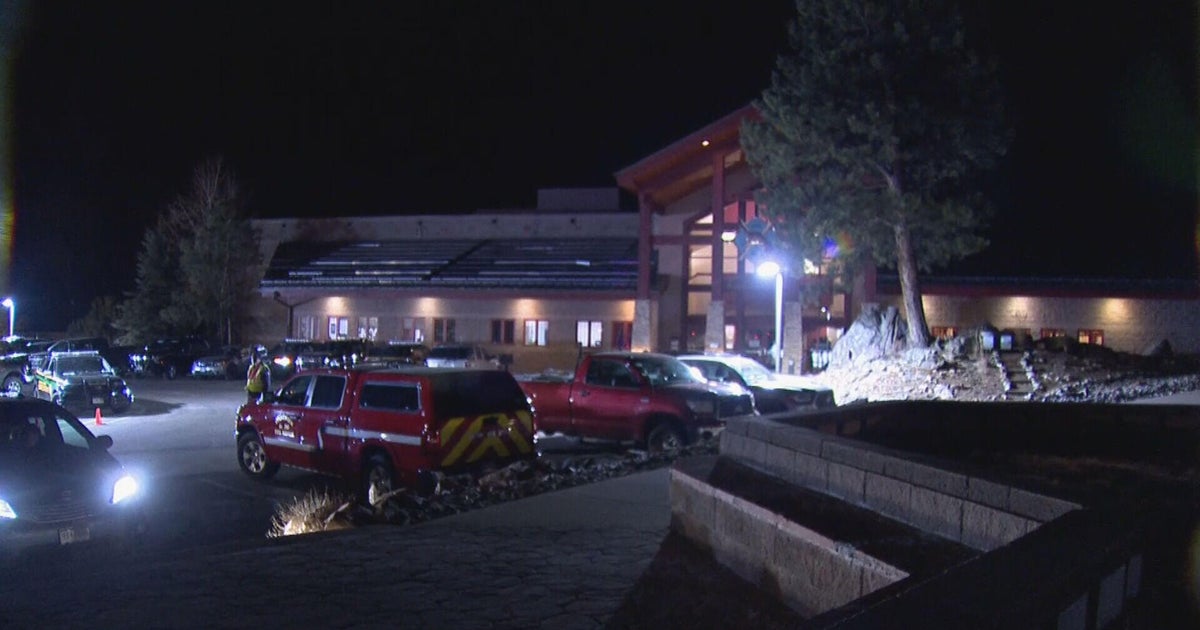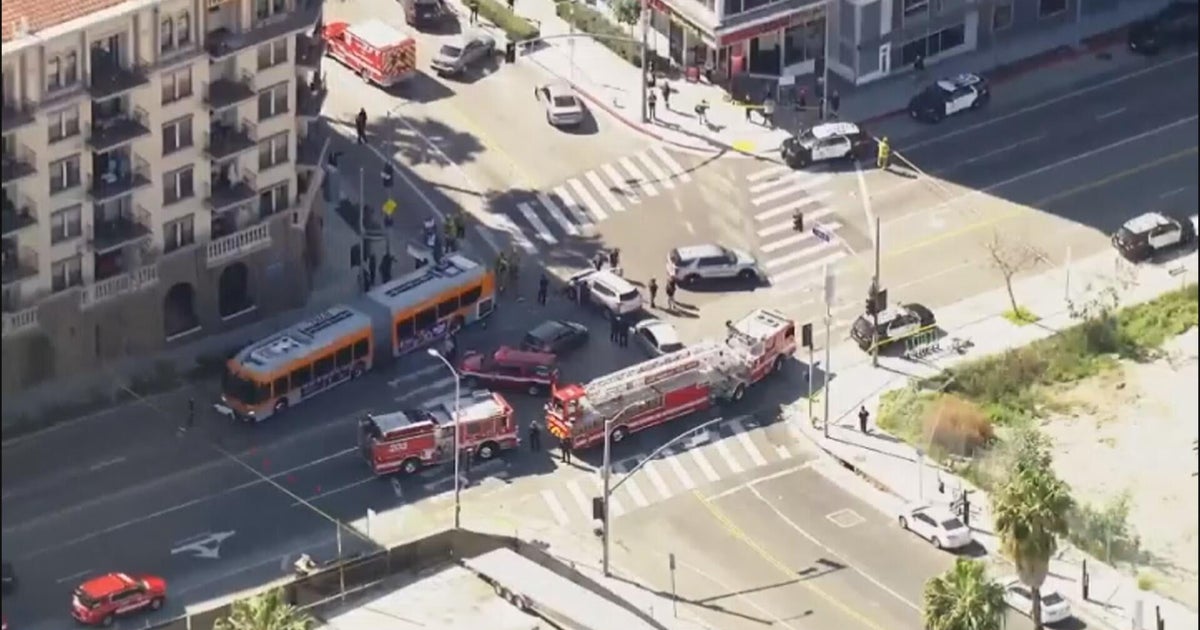Heart Attack Victim Waited 43 Minutes To Get To The Hospital; 'That's Absolutely Awful'
CHICAGO (CBS) -- Minutes count when you are having a heart attack, but it took the Chicago Fire Department more than 40 minutes to get a 56-year-old man to a hospital for help earlier this month.
As CBS 2 investigator Pam Zekman reports, it was mostly because once again there were no ambulances available nearby.
It's the kind of call that the fire department gets every day.
Caller: "My Dad's having a heart attack and I need an ambulance right now."
That call was received at 2:09 p.m. on July 3rd.
Dispatcher: "Is he currently awake?"
Caller: "Daddy are you awake. Yes he's awake but he's laying down on the ground."
Dispatcher: "...they should be there soon."
State standards require fire departments to provide advance life support assistance within six minutes.
A fire engine arrived nine minutes after it was dispatched with a paramedic on board, but by that time...
"I found him in this chair, he was slumped over to the side and had started vomiting," said Christine Marnul, the wife of the patient. "He was in and out of consciousness, was mumbling words and just holding his chest, having extreme pain."
Because a fire engine can't transport a patient to the hospital, the family waited helplessly.
"The firemen were saying there was a delay because there were just no ambulances available," said Marnul.
The 2 Investigators have learned that three near-by ambulances were on other runs or in for repairs.
At 2:35 p.m., an ambulance finally arrived, 24 minutes after it was dispatched.
"She was now racing against time to literally keep him alive until we could get to the hospital," recalled Marnul.
Forty-three minutes after the original call for an ambulance, the patient arrived at the emergency room at Community First Medical Center, where doctors treated him for a major heart attack.
"Every minute counts in the response to a patient having a heart attack," said Dr. David Fishman, who treated the man at the hospital. "Minutes equal heart muscle, and we know that as soon as the blood vessel is blocked, damage occurs."
Fishman's patient survived, but has some irreversible damage to his heart muscle.
When asked about a 43-minute response time, from the time the call is made to arriving at the hospital, Fishman said, "That's absolutely awful."
"The amount of damage is definitely related to the response time," he said.
For years, the 2 Investigators have reported on excessive response times that paramedics blame on a shortage of ambulances.
In November of 2017, Zekman interviewed a paramedic who asked that we hide his identity.
Zekman: "People could die because an ambulance does not get to them in time?"
Paramedic: "I absolutely believe people have died already."
"Obviously I don't want to see that in any part of the city," Emanuel said. "They are going to get all the resources they need to continue to do and serve every part of the city of Chicago."
After that CBS 2 story, the mayor ordered the fire commissioner to put in a new ambulance request.
Four years ago, additional ambulances were promised by the city, but never purchased; and Chicagoans are still waiting.
"I believe he could have died," said Marnul.
The mayor reportedly plans to ask for funding in his 2019 budget next year to buy five more ambulances and hire the paramedics to man them.
Critics said that number won't be enough.


